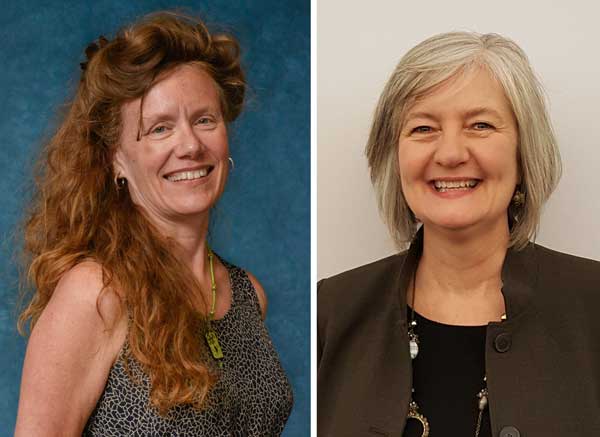
As COVID-19 sweeps through the U.S., the challenges of caring for frail and disabled older adults is growing exponentially. Nursing homes and other residential long-term care settings are on high alert trying to prevent and control the spread of a highly contagious virus. While hospitals are experiencing a severe lack of personal protective equipment (PPE) and ventilators, nursing homes tend to be even less well supplied. Despite these deficits, regulators are rightly focused on infection control in nursing homes. But infection control is not all we can do.
Advance care planning
Since all nursing home residents are at substantial risk, we should know what they would want to happen if they become very ill. COVID-19 infection gets worse quite rapidly in older adults — in as little as a few hours. Nursing homes should encourage advance planning conversations and documenting residents’ wishes. Knowing in advance which residents do and do not want to transfer to the hospital and likely ventilator care will enable health care providers to make decisions honoring those wishes and avoid using scarce medical resources on people who don’t want the intervention. There are some good suggestions on how to phrase an advance care planning conversation at VitalTalk.org; the ConversationProject.org; and the Social Work Hospice and Palliative Care Network .
COVID-19 treatment
If residents develop respiratory failure, they will need oxygen, and each nursing home should try to prepare for this. Facilities may need to stock up on oxygen concentrators, tanks, tubing, and masks. In addition, nursing homes should communicate with attending physicians to anticipate the need for opioid drugs to relieve “air hunger” often experienced by COVID-19 patients. For most people, opioid treatment allows a person to relax and have enough oxygen to survive, and hopefully to recover. Other residents will not recover and will need sedation and comfort measures through palliative or hospice care at the end of their life.
Serological tests
Within a few weeks, tests for immunity to COVID-19 virus may become available. Serological tests use blood serum, the liquid part of blood, excluding cells and clotting proteins, which has already been used overseas in contact tracing efforts. This is important, because if a person is immune and no longer infectious as documented by a diagnostic test, that person is probably no longer a target of the virus nor a person who can spread the disease, assuming ordinary good hygiene. Knowing which staff are immune will ease some of the strain of scheduling adequate staff to care for residents.
Going
forward, the much stricter focus on infection control in nursing homes has the
potential to improve matters. But it also has the potential to isolate and
close off nursing homes from the wider community. Preventing this isolation is
a priority, and nursing homes can see how theyre
are performing through formal assessments and seeking out recommendations
on ways to improve protocols or procedures thato
ensure residents are comfortable.
Nursing home residents, their families and staff will all be highly stressed as they cope with this virus. Both clinical challenges and social and emotional stresses from isolation will make providing nursing home care more difficult than ever. Short-term solutions, like isolation, will require conscious effort to undo or ease after the worst of the pandemic is over. Providing quality of care and life needs to be the paramount goal — and nursing homes will need added support to do it. Knowing resident wishes and following them, supporting staff with training and PPE, and generous doses of compassion are all essential.
The best we can hope for is lasting improvement to nursing home practices that keep residents safer, but also in touch with their loved ones and outside community. That balance is always the nursing homes’ job: It is now more crucial than ever before.
Anne Montgomery and Sarah Slocum are co-directors of Altarum’s program to improve eldercare.




